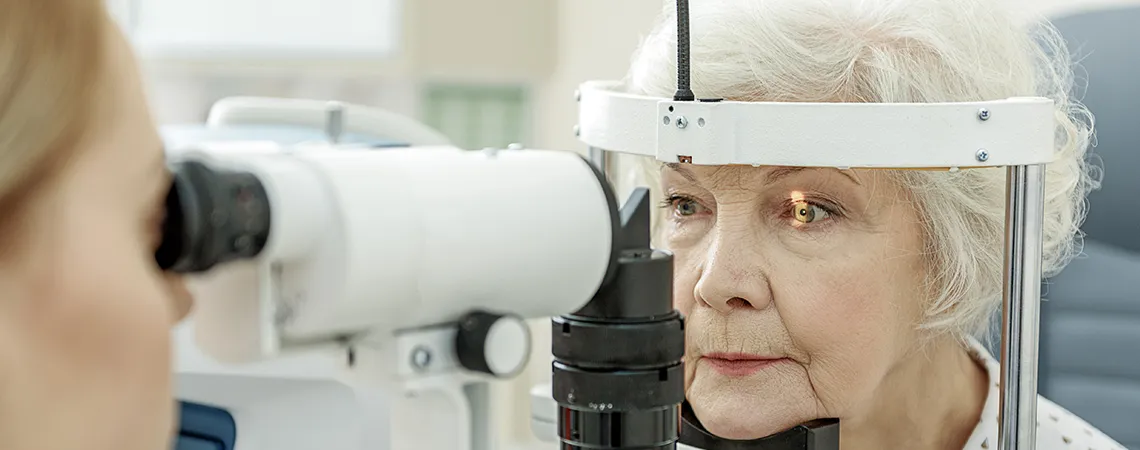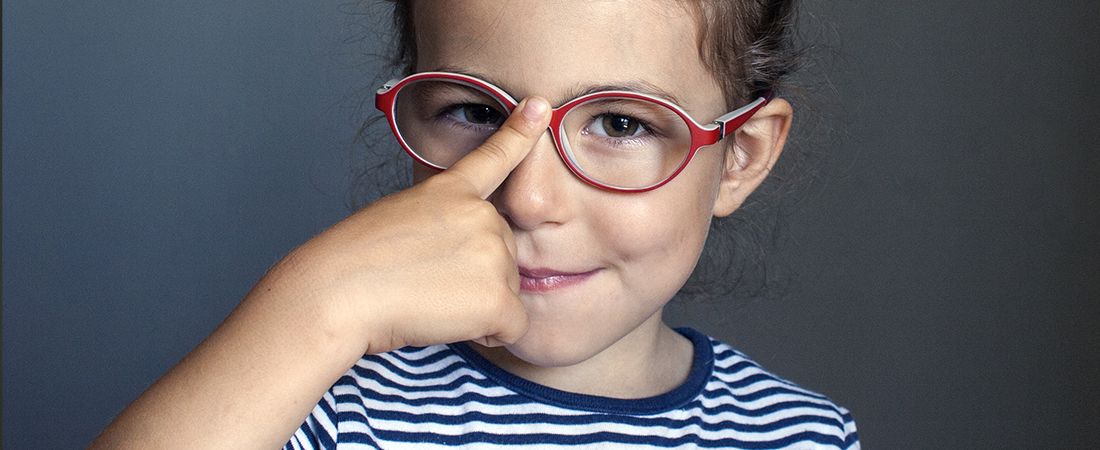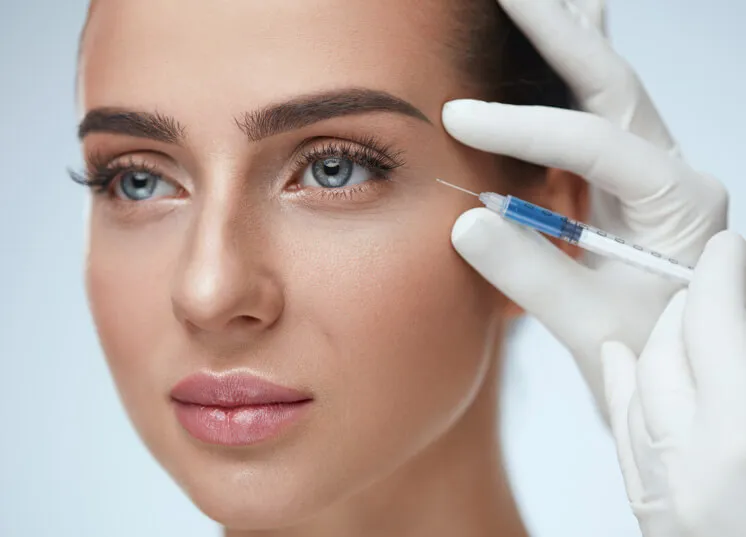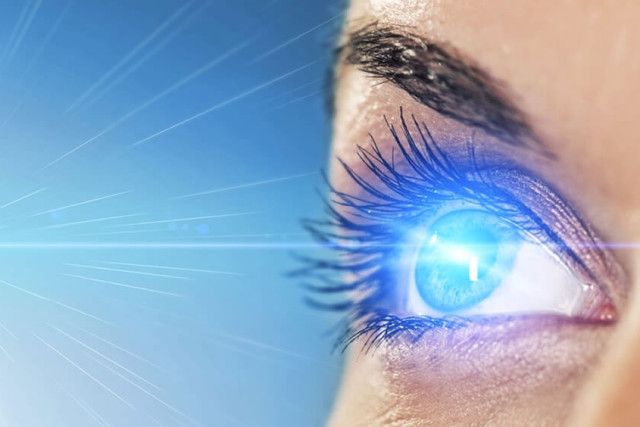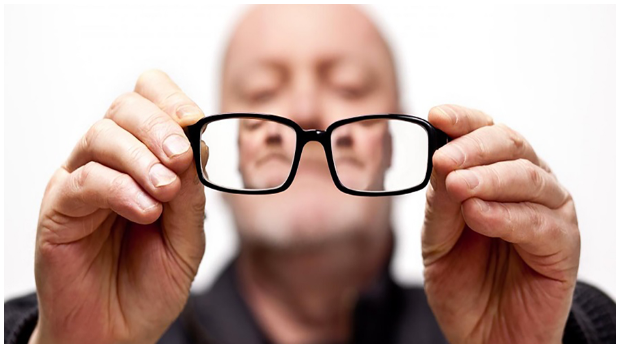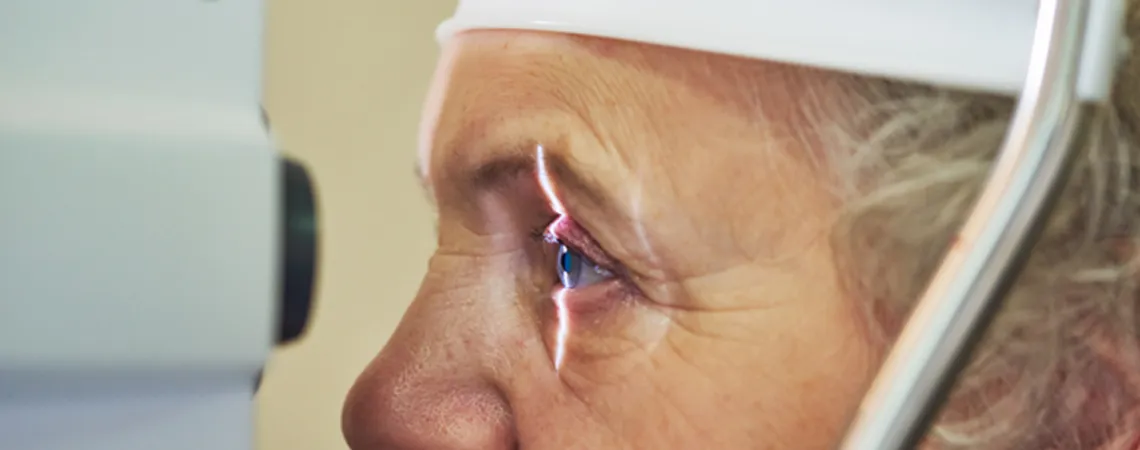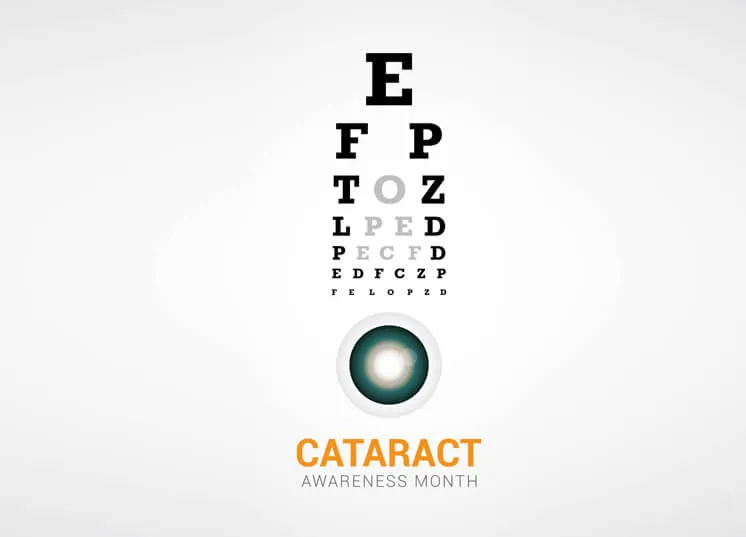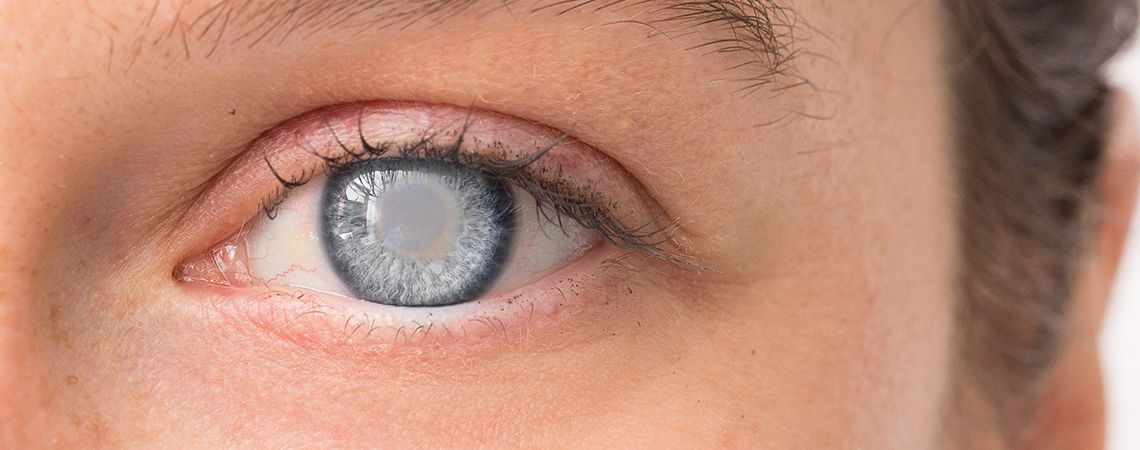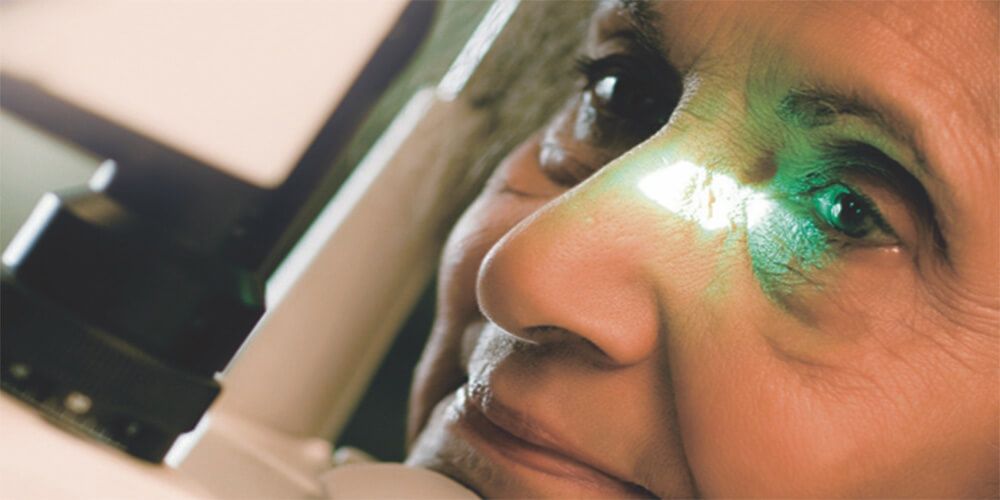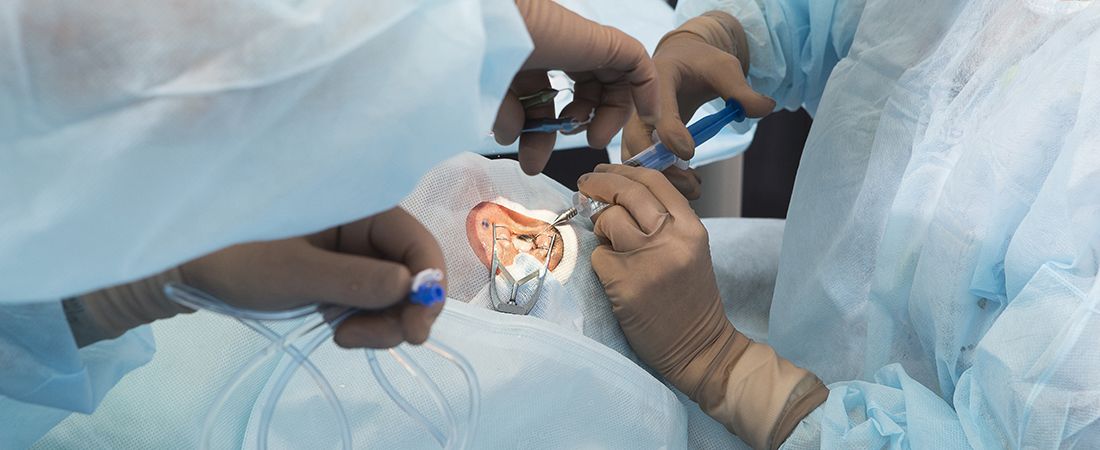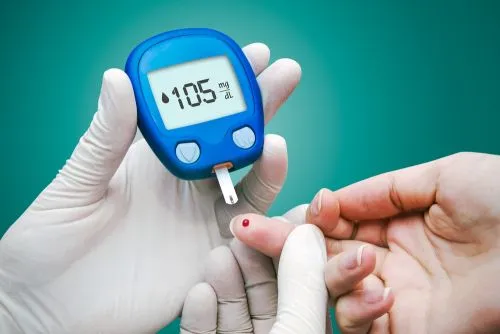
Diabetes and cataracts are two common health issues that affect a significant portion of the population. While they may seem unrelated, there is evidence to suggest a potential link between the two conditions. This article aims to explore this potential relationship and shed light on how managing diabetes can help prevent cataracts.
Cataract is a condition characterized by the clouding of the lens in the eye, leading to blurred vision. It is commonly associated with aging, but other factors such as diabetes can also contribute to its development. Diabetes, on the other hand, is a chronic condition characterized by high blood sugar levels. It can affect various organs, including the eyes.
By understanding the potential interrelation between diabetes and cataracts, individuals can take proactive steps to protect their eye health and overall well-being. Let’s delve deeper into this topic and uncover the key insights.
What Is Diabetes?
Before exploring the relationship between diabetes and cataracts, it is essential to have a basic understanding of these two conditions.
Diabetes, as mentioned earlier, is a chronic condition characterized by high blood sugar levels. When not properly managed, diabetes can lead to various complications, including damage to the blood vessels in the eyes. This damage can increase the risk of developing cataracts
Get more insights on How does Diabetes affect your eyes?.
What Is Cataract?
Cataracts occur when the proteins in the lens of the eye start to clump together, causing cloudiness and impaired vision. This clouding can make it difficult to see clearly and perform daily activities. Cataracts are often associated with aging, but they can also develop due to other factors such as diabetes.
Now that we have a basic understanding of cataracts and diabetes, let’s explore the potential relationship between the two.
How Are Diabetes and Cataracts Related?
The relationship between diabetes and cataracts is multifaceted.
Firstly, individuals with diabetes are more likely to develop cataracts compared to those without diabetes. The exact reason behind this increased risk is not fully understood, but it is believed that high blood sugar levels play a significant role.
Secondly, diabetes can accelerate the progression of cataracts. This means that individuals with diabetes may develop cataracts at a younger age or experience a faster deterioration of vision.
Lastly, managing diabetes effectively can help reduce the risk and progression of cataracts. By controlling blood sugar levels, individuals can potentially delay the onset of cataracts or minimize their impact on vision.
The interrelation between diabetes and cataracts is complex and requires further research to fully understand the mechanisms involved. However, it is clear that managing diabetes is crucial for maintaining good eye health and preventing cataracts.
Symptoms of a Person Having Diabetic Cataract
Diabetic cataracts can present with symptoms similar to cataracts in individuals without diabetes. These symptoms may include:
– Blurred or hazy vision: Individuals with diabetic cataracts may experience a gradual blurring or haziness in their vision, making it challenging to see objects clearly. This cloudiness can interfere with daily activities such as reading, driving, or watching television.
– Increased sensitivity to glare: People with diabetic cataracts may find themselves more sensitive to bright lights or glare, which can cause discomfort and difficulty in seeing clearly. This sensitivity can be particularly bothersome when driving at night or in brightly lit environments.
– Difficulty seeing clearly, especially at night: Diabetic cataracts can make it harder to see in low-light conditions, such as at night or in dimly lit rooms. This can affect one’s ability to navigate safely and comfortably in dark environments.
– Double vision in one eye: Diabetic cataracts can sometimes cause double vision, where a single object appears as two separate images. This can be disorienting and challenging to focus on objects or read text, especially when looking with one eye.
– Frequent changes in glass prescription: As diabetic cataracts progress, individuals may notice frequent changes in their prescription glasses or contact lenses. This is because the clouding of the lens affects the eye’s ability to focus properly, requiring adjustments in corrective lenses to maintain clear vision.
It is important to note that these symptoms can also be attributed to other eye conditions, so it’s crucial to consult an eye care professional for an accurate diagnosis.
How Can You Protect Your Eyes Affecting Diabetes?
Protecting your eyes from the potential effects of diabetes is essential for maintaining good vision and overall eye health. Here are some key steps you can take to protect your eyes:
– Keep blood sugar levels under control: Proper management of diabetes is crucial for preventing eye complications. Work closely with your healthcare team to develop a personalized diabetes management plan that includes regular monitoring of blood sugar levels, medication, and lifestyle modifications.
– Schedule regular eye exams: Routine eye exams can help detect early signs of eye problems and allow for timely intervention. Be sure to inform your eye care professional about your diabetes diagnosis, as they may recommend more frequent screenings.
– Maintain a healthy lifestyle: Adopting a healthy lifestyle can have a positive impact on your eye health. Eat a balanced diet rich in fruits, vegetables, and omega-3 fatty acids. Avoid smoking and limit alcohol consumption. Incorporate regular exercise into your routine.
– Protect your eyes from UV radiation: Prolonged exposure to UV radiation can increase the risk of eye problems. Wear sunglasses that provide UV protection when outdoors, and consider using a wide-brimmed hat for added protection.
By following these steps, you can significantly reduce the risk of developing eye complications associated with diabetes.
What Type of Cataract Is Most Common in Diabetics?
While cataracts can occur in various forms, the most common type of cataract in diabetics is called a ‘subcapsular cataract. Subcapsular cataracts develop at the back of the lens, just beneath the lens capsule. They tend to progress rapidly and can cause significant vision problems. It is important to note that individuals with diabetes can still develop other types of cataracts, such as nuclear cataracts (forming in the center of the lens) and cortical cataracts (forming in the outer edges of the lens). The specific type of cataract can vary depending on various factors, including the individual’s overall health and duration of diabetes.
If you have diabetes, it is crucial to monitor your eye health regularly and consult with your eye care professional for appropriate guidance and treatment.
Can Diabetic Cataracts Be Reversed?
Once cataracts develop, they cannot be reversed through medical treatment or lifestyle changes. The only effective treatment for cataracts is surgery.
Cataract surgery involves removing the cloudy lens and replacing it with an artificial intraocular lens (IOL). This procedure is safe and highly successful, with millions of people undergoing cataract surgery each year.
If you have diabetic cataracts that significantly affect your vision and quality of life, cataract surgery may be recommended by your eye care professional. It is important to discuss the potential risks and benefits of various available surgeries, like Phacoemulsification, MICS, and Femto, as well as any specific considerations related to your diabetes.
Remember, early detection and timely intervention are key to managing cataracts and preserving your vision.
Does Cataract From Diabetes Progresses Faster?
Cataracts progress faster in individuals with diabetes due to mechanisms like increased sorbitol accumulation and heightened oxidative stress. Elevated glucose levels in diabetes contribute to lens transparency changes, expediting cataract formation. This leads to earlier onset and rapid progression of cataracts in individuals with diabetes, emphasizing the need for regular eye exams and effective diabetes management. Early intervention is crucial to preserve vision and minimize the impact of cataracts on overall eye health in those with diabetes.
FAQs
What is the link between diabetes and cataracts?
Diabetes is linked to cataracts because high blood sugar levels can cause changes in the eye lens, leading to cataract development.
Why do diabetics get cataracts?
Diabetics are more likely to get cataracts due to elevated sugar levels, causing changes in the eye lens.
What are the signs that diabetes is affecting your eyes?
Blurred vision, fluctuating eyesight, and difficulty focusing are signs that diabetes may be affecting the eyes.
Are people with diabetes more prone to developing cataracts?
Yes, individuals with diabetes are more susceptible to cataracts, often experiencing earlier onset and faster progression.
Can controlling diabetes help prevent cataracts?
Yes, managing diabetes is crucial to reduce the risk of cataracts and handle potential eye issues.
What are the treatment options for cataracts in diabetic patients?
Cataract surgery is a common and effective treatment for diabetic patients to restore vision.
Is cataract surgery safe for individuals with diabetes?
Yes, cataract surgery is generally safe for individuals with diabetes and can greatly improve vision.
Are there any precautions diabetic individuals should take before undergoing cataract surgery?
Diabetic individuals should keep their blood sugar stable and inform their surgeon about their diabetes medications.
Can cataracts in diabetic patients lead to vision loss if left untreated?
Yes, if left untreated, cataracts in diabetics can lead to gradual vision loss, stressing the importance of timely intervention.
